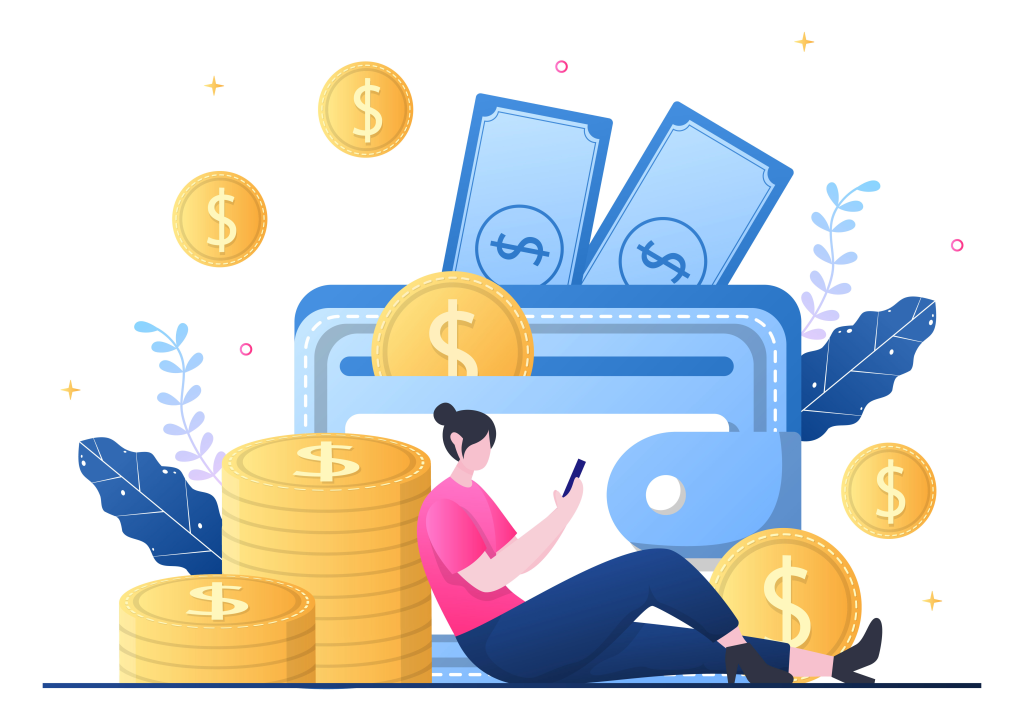Anúncios

Non-owner car insurance is designed for individuals who drive but do not own a vehicle. It offers liability coverage, protecting you in case you are at fault in an accident while driving a borrowed or rented car. Unlike traditional car insurance, this type of policy doesn’t cover damages to the vehicle you’re driving or personal medical expenses. It’s a smart choice for drivers who need occasional coverage without the costs associated with owning a car insurance policy for a vehicle they don’t own.
One of the key benefits of non-owner car insurance is that it provides financial protection and peace of mind, ensuring that drivers are not held personally liable for damages they may cause to others. The coverage typically includes liability for bodily injuries and property damage, making it an essential tool for staying financially secure on the road.
Who Should Consider It?
Non-owner car insurance is ideal for several types of drivers. If you frequently rent cars or borrow vehicles from friends or family, this insurance ensures you’re covered in case of an accident. Moreover, it’s an affordable solution for those who need to maintain continuous coverage to avoid gaps in insurance, which can affect future premiums.
Here are some groups who may benefit from that:
- Frequent renters: Those who often rent cars can avoid high rental car insurance fees.
- Borrowers: Individuals who frequently borrow cars from friends or family.
- Drivers between vehicles: If you’ve sold a car and don’t plan to buy another right away, non-owner car insurance keeps you covered.
- Drivers with SR-22 requirements: Some states require continuous liability insurance, even if you don’t own a car, to maintain your driving privileges.
How It Works
Non-owner car insurance provides liability coverage to individuals who don’t own a vehicle but occasionally drive rented or borrowed cars. The policy covers damages or injuries you might cause to others in an accident, ensuring you are not held financially responsible. However, it does not cover damages to the vehicle you’re driving or your own injuries. Typically, non-owner car insurance is secondary coverage, meaning it kicks in after the car owner’s insurance has been exhausted.
For example, if you borrow a friend’s car and get into an accident, their car insurance will be the primary coverage. If the damages exceed their policy limits, your non-owner insurance will help cover the remaining liability costs. This is why it’s essential for those who drive frequently but do not own a car to consider this type of insurance.
Key Benefits and Features
Non-owner car insurance offers several benefits that make it an attractive option for occasional drivers:
- Affordability: Non-owner car insurance is generally cheaper than traditional car insurance policies, making it a cost-effective way to stay insured without owning a vehicle.
- Continuous Coverage: It helps drivers maintain continuous insurance coverage, which can prevent premium increases when purchasing a car in the future.
- Liability Protection: This policy provides financial protection by covering bodily injury and property damage if you cause an accident while driving a borrowed or rented vehicle.
- SR-22 Coverage: For drivers required to file an SR-22 (often following a license suspension), non-owner insurance fulfills this requirement, ensuring legal driving privileges.
- Flexible and Accessible: You can purchase this policy easily, often without the complex underwriting process required for traditional car insurance policies.
Top Providers
Several insurance companies offer competitive non-owner car insurance policies. These providers are known for their strong customer service, affordable rates, and ease of application:
- GEICO: Known for affordable premiums and user-friendly online services.
- State Farm: Offers customizable policies with nationwide availability.
- Progressive: Features flexible coverage and options for drivers with SR-22 requirements.
- Nationwide: Provides robust liability coverage for occasional drivers.
- USAA: An excellent choice for military members and their families.
These companies offer competitive pricing and flexible policies, making them top choices for drivers seeking non-owner car insurance.
Cost
The cost of non-owner car insurance varies based on several factors, including your driving history, location, and coverage limits. On average, premiums range from $200 to $600 annually, which is significantly cheaper than standard car insurance. Drivers with a clean driving record typically enjoy lower rates, while those with violations may face higher premiums.
Key factors influencing the cost include:
- Location: Rates vary by state due to differing insurance regulations.
- Driving Record: A clean record lowers premiums, while violations increase costs.
- Coverage Limits: Higher liability coverage results in higher premiums.
Conclusion: Deciding if It is Right for You
Deciding whether non-owner car insurance is the best option for you largely depends on your driving habits and coverage needs. If you frequently borrow cars or need SR-22 filing, non-owner car insurance can offer an affordable solution without the full cost of traditional insurance. Moreover, it provides essential liability coverage, helping protect you in case of accidents. However, if you rarely drive or have access to a personal vehicle, this insurance might not be necessary. Consider your specific driving situation to determine if the benefits outweigh the costs.
Consider these key points:
- Do you drive regularly but don’t own a car? If yes, this policy could save you money.
- Do you need proof of insurance for legal reasons? Non-owner insurance can help meet these requirements.
- Is rental or borrowed car use common? If so, it provides additional liability protection.
Ultimately, non-owner car insurance is ideal for individuals who frequently use vehicles they don’t own, ensuring they stay protected without the burden of high costs. By evaluating your needs and weighing the benefits, you can determine if this type of insurance aligns with your driving habits and financial goals.


